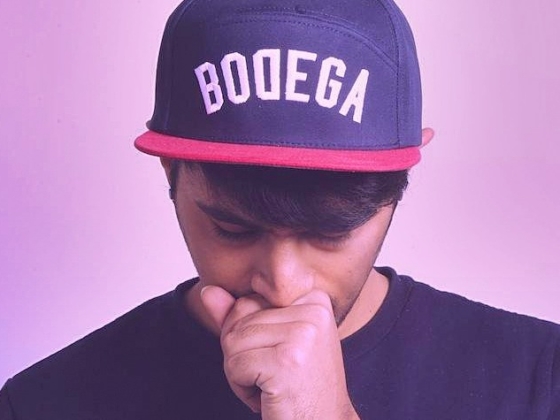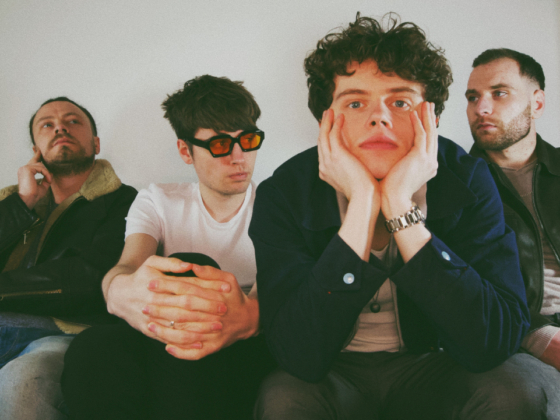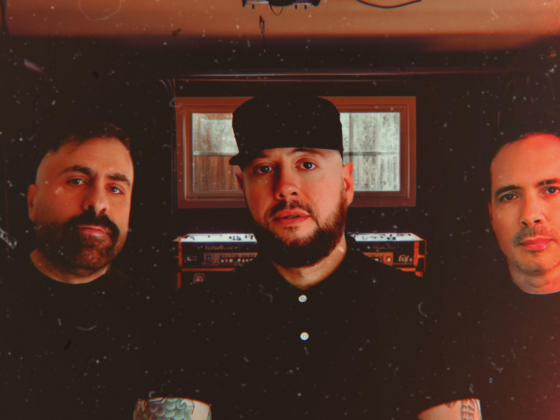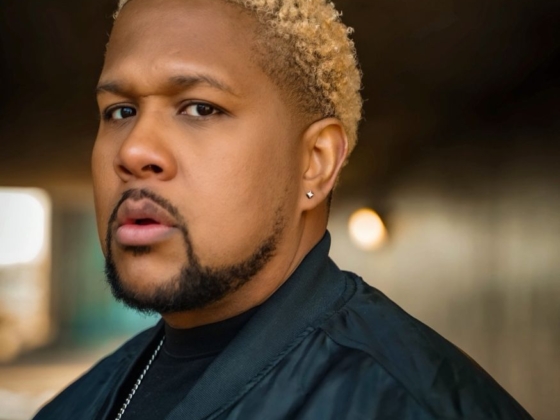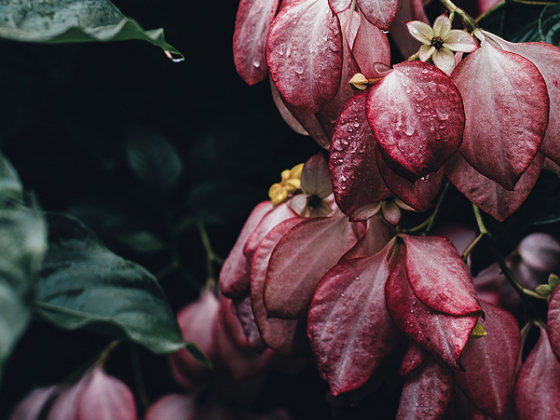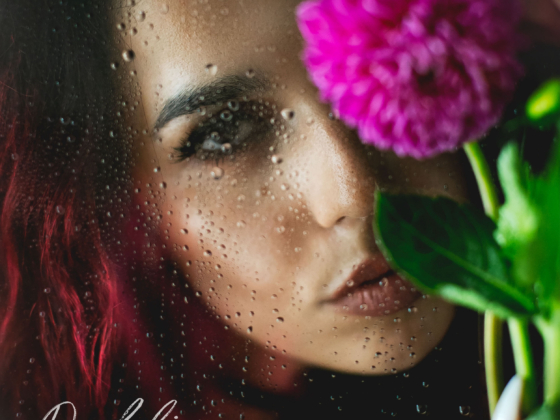Hailing from the United Kingdom, Keiandra Lowery, performing under a simple Keiandra, is the latest in a recently formed endless line of British songstresses to swan dive into the insatiable dream pop market. However, Keiandra’s debut four-track Empty Palaces EP is almost certainly more deserving of the genre tag than her musical peers. The release invokes a sense of psychedelia about it, but, less in the sense of a loud blaring Jimi Hendrix listening, and more of a quiet whisking away from reality and the tedium comes along with it.
Opening track “Wanted” opens in a slow build of some synthesizer that sounds like a half-breed between a low resonating metallophone and a grand orchestral organ. This subduing of Keiandra’s crystalline voice, seasoned with subtle almost inaudible looping, to the ethereal instrumental gives “Wanted” itself the feel of a somnambulant journey—the quest of a person wholly unconscious, yet bearing unrelenting conviction to his illusion.
The EP’s single “Icing Sugar” manages to retain the same 3am-wander aesthetic present on the previous track, but with a noticeable dialing back on the prominence of the instrumental to allow space for the vocal lead. Keiandra’s cold glassy inflection of the “I bet your lips taste like icing sugar” chorus line quickly turns what could have been an innocent declaration of love into a seductive Siren call.
The eponymous “Empty Palaces” and the conclusory “Artificial Light” follow a formula similar to the first half of the EP. The former adds an additional drum focus that almost makes you want to dance, or at least tap your hand as you stare at a star projection on the ceiling.
Empty Palaces bears a striking sonic uniformity throughout, but the 16-minute run time allows for the mild variations in mood between tracks to be sufficient to stave off of the onset of boredom. However, the EP really shines, because producer James Hall’s minimal, yet painstakingly constructed, brooding instrumental sections combine with Keiandra’s signature haunting to make something that feels entirely different than either component in isolation.
Keiandra utilizes her vocals more as another instrument somewhere in a flute’s register rather than the crown jewel of her music. The result is a composition that feels less like an explicit display of musical talent and more like the soundtrack for an endless meandering across some infinite dreamscape. And that’s a good thing. So while there are many songstresses tackling similar musical theme, Keiandra deserves praise for having a vision distinct from that of her peers, even if it’s not yet clear what exactly that vision is.


